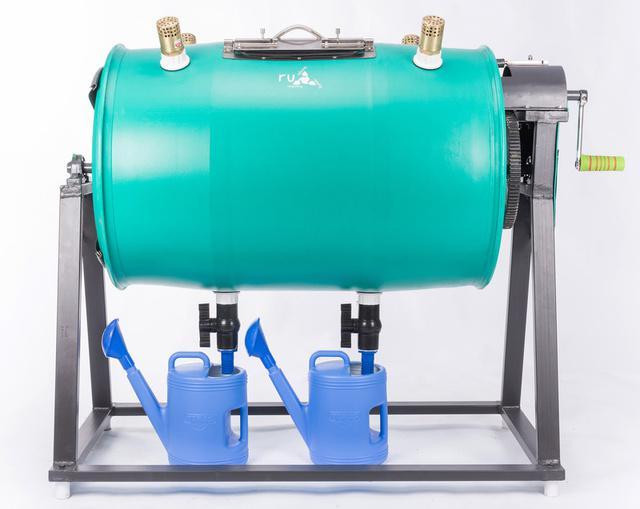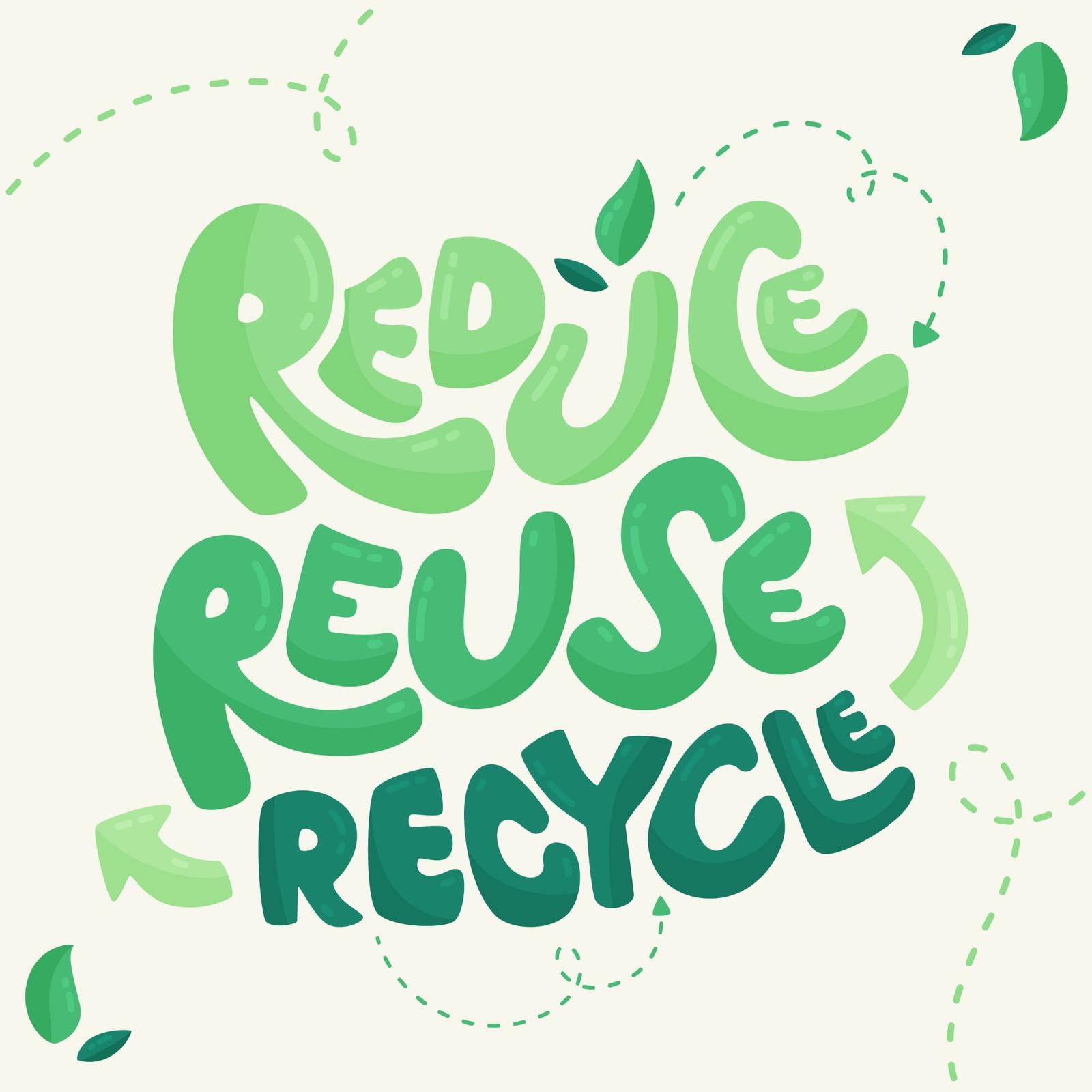RGGC M
Material: HDPE Tumbler mounted on Mild Steel (MS) frame
Colour: Green
Capacity: 220 Lt (6 – 8 kg/day bio-waste)
H x W x D: 104 x 132 x 61 cm
Drop an enquiry for price quote.
RGGC M Waste to Wealth:
Embracing eco-friendly products transforms waste into wealth, fostering sustainability and mitigating environmental impact. Innovative initiatives champion the conversion of discarded materials into valuable resources, paving the way for a circular economy.
To commence this virtuous cycle, recycling emerges as a key player. Plastics, paper, and metals, once destined for landfills, undergo a metamorphosis. These materials are reimagined, reincarnated into new products, reducing the demand for virgin resources and curbing pollution.
Biodegradable alternatives further revolutionize our consumption patterns. Products derived from natural materials seamlessly integrate into the ecosystem, leaving minimal traces. This shift not only reduces the burden on landfill sites but also curtails the persistence of harmful substances in the environment.
In the realm of waste-to-wealth, upcycling emerges as a creative force. Discarded items find a second life, elevated into functional and aesthetically pleasing artifacts. From repurposed furniture to fashionable accessories, upcycling not only minimizes waste but also showcases the beauty of sustainable design.
In the business landscape, companies increasingly adopt a cradle-to-cradle approach. This entails designing products with their end-of-life in mind, ensuring that materials can be easily disassembled and reused. Such practices not only enhance resource efficiency but also cultivate a mindset of responsibility within the industry.
RGGC M Waste to Wealth: The waste-to-wealth paradigm extends beyond tangible goods to energy production. Biomass, a byproduct of organic waste, becomes a valuable energy source through anaerobic digestion or incineration, contributing to the renewable energy matrix.
In conclusion, the transition to eco-friendly products and the waste-to-wealth philosophy signifies a revolutionary stride towards a sustainable future. By reimagining waste as a valuable resource, society not only mitigates environmental harm but also forges a path toward a regenerative and harmonious relationship with the planet.
You must be logged in to post a review.
Q & A
1. Sustainable Materials
- Material Sourcing: If the RGGC M Product is made from renewable or recycled materials, this reduces the need for virgin resources, which typically have a higher environmental impact due to extraction and processing.
- Eco-friendly Materials: The use of biodegradable or compostable materials could contribute to sustainability by reducing waste and pollution.
Scientific Explanation: Sustainable materials often require less energy to produce and can have lower emissions. For example, materials like recycled plastic or plant-based polymers often have a smaller carbon footprint compared to traditional plastics derived from fossil fuels.
2. Energy-efficient Production
- Manufacturing Process: If the product is manufactured using energy-efficient processes or renewable energy sources, this can significantly reduce its carbon footprint. Factories powered by solar, wind, or hydropower produce far fewer greenhouse gases compared to those relying on fossil fuels.
Scientific Explanation: The energy required for manufacturing contributes to a product's total carbon footprint. Lower energy consumption and the use of renewable energy sources reduce CO2 emissions.
3. Reduced Transportation Emissions
- Local Production: If the product is produced close to its market, transportation emissions are minimized. This is because the carbon footprint from transportation, especially air or sea freight, is often substantial.
Scientific Explanation: Transportation accounts for a significant portion of a product's carbon footprint. Reducing the distance goods travel before reaching consumers lowers the associated greenhouse gas emissions.
4. Efficient Packaging
- Minimal and Recyclable Packaging: If the product is packaged in minimal, lightweight, or recyclable materials, this reduces waste and the carbon footprint associated with packaging production and disposal.
Scientific Explanation: Packaging is an often overlooked component of a product’s carbon footprint. Lightweight, recyclable materials require less energy to produce and recycle, thereby reducing the overall environmental impact.
5. End-of-life Management
- Recyclability and Biodegradability: If the product is designed to be easily recycled or is biodegradable, it contributes less to landfills and reduces the long-term environmental impact.
Scientific Explanation: Products that can be recycled or biodegraded help close the loop in a circular economy, reducing the need for new resources and minimizing waste and pollution.
6. Lower Emissions Through Product Longevity
- Durability: If the RGGC M Product is designed to last longer, it reduces the frequency of replacement, thus lowering the overall resource consumption and carbon emissions over time.
Scientific Explanation: The longer a product lasts, the lower its environmental impact per use. This is because the energy, materials, and emissions associated with producing a new product are avoided.
References & Justification
- Material Sustainability: Research indicates that using recycled or bio-based materials can reduce the carbon footprint of products by up to 50% compared to conventional materials .
- Energy Consumption: A study on energy use in manufacturing shows that shifting to renewable energy can reduce carbon emissions by more than 70% in some sectors .
- Transportation: The World Economic Forum reports that optimizing supply chains and reducing transportation distances can cut associated emissions by up to 60% .
- Packaging: The Ellen MacArthur Foundation emphasizes that innovative, minimal, and recyclable packaging can significantly reduce waste and emissions associated with product packaging .
Conclusion
The RGGC M Product's sustainability and low carbon footprint likely result from a combination of eco-friendly materials, energy-efficient manufacturing, reduced transportation emissions, minimal packaging, and long product life. Each of these factors contributes to reducing the overall environmental impact of the product, making it a sustainable choice.
General Inquiries
There are no inquiries yet.




Reviews
There are no reviews yet.